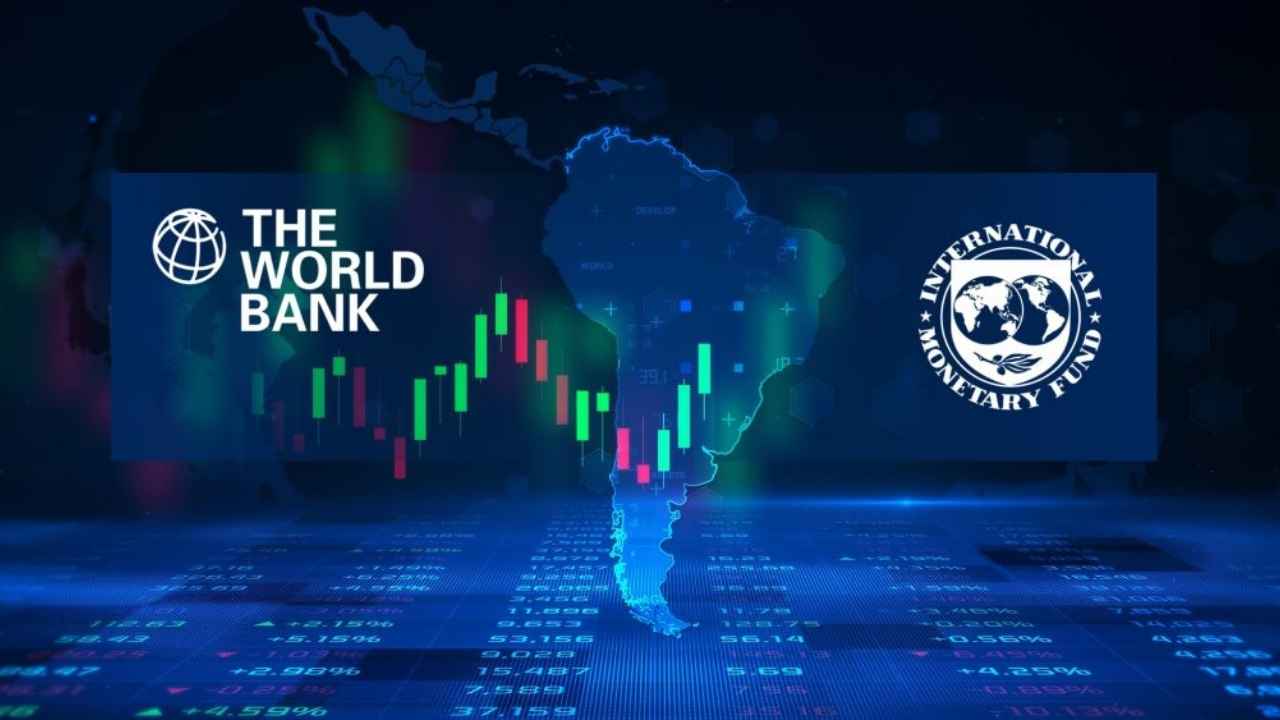The International Monetary Fund (IMF) serves a critical role in the global financial system, providing essential funding and assistance to countries in need. Understanding its structure, functions, and recent developments is vital for comprehending today’s economic landscape.
What is the IMF?
The International Monetary Fund, established in 1944, is an international organization comprising 190 member countries. Its primary purpose is to ensure global monetary cooperation, secure financial stability, facilitate international trade, promote high employment and sustainable economic growth, and reduce poverty around the world.
Who are the key stakeholders?
The major stakeholders of the IMF include:
- Member Countries: Each member has representatives within the IMF, contributing to decisions influencing the global economy.
- Executive Board: Composed of 24 Executive Directors, representing various member countries.
- Managing Director: The IMF is led by a Managing Director, currently Kristalina Georgieva since October 2019.
When does the IMF intervene?
The IMF intervenes in situations of economic crisis, providing financial assistance and advice. Recent examples include:
- COVID-19 Response: The IMF has played a vital role in providing financial support to countries hit hard by the pandemic.
- Debt Relief Initiatives: The organization is actively involved in debt relief programs for low-income countries impacted by global economic downturns.
Where does the IMF get its funding?
The IMF’s funding primarily comes from:
- Member Quotas: Each member country is assessed a quota based on its relative size in the global economy, contributing a financial commitment.
- Borrowing: The IMF can also borrow funds from member countries when necessary.
How does the IMF influence global economic policy?
The IMF influences global economic policy through:
- Surveillance: Monitoring and assessing member economies, providing policy advice to maintain stability.
- Technical Assistance: Offering expertise to countries for better economic management.
Recent Developments in IMF Policies
In recent months, the IMF has focused on several pressing issues, including:
| Compare |
|---|
| Climate Change Initiatives: The IMF has begun integrating climate change considerations into economic assessments and funding conditions. |
| Digital Currency Discussions: The organization is evaluating the effects of digital currencies on global financial stability. |
Conclusion: The IMF and Global Economic Stability
In conclusion, the International Monetary Fund plays a pivotal role in ensuring global economic stability through its unique functions and proactive interventions. Understanding its mechanisms helps illuminate its impact on the financial health of nations worldwide, reinforcing the importance of cooperation in addressing economic challenges.
